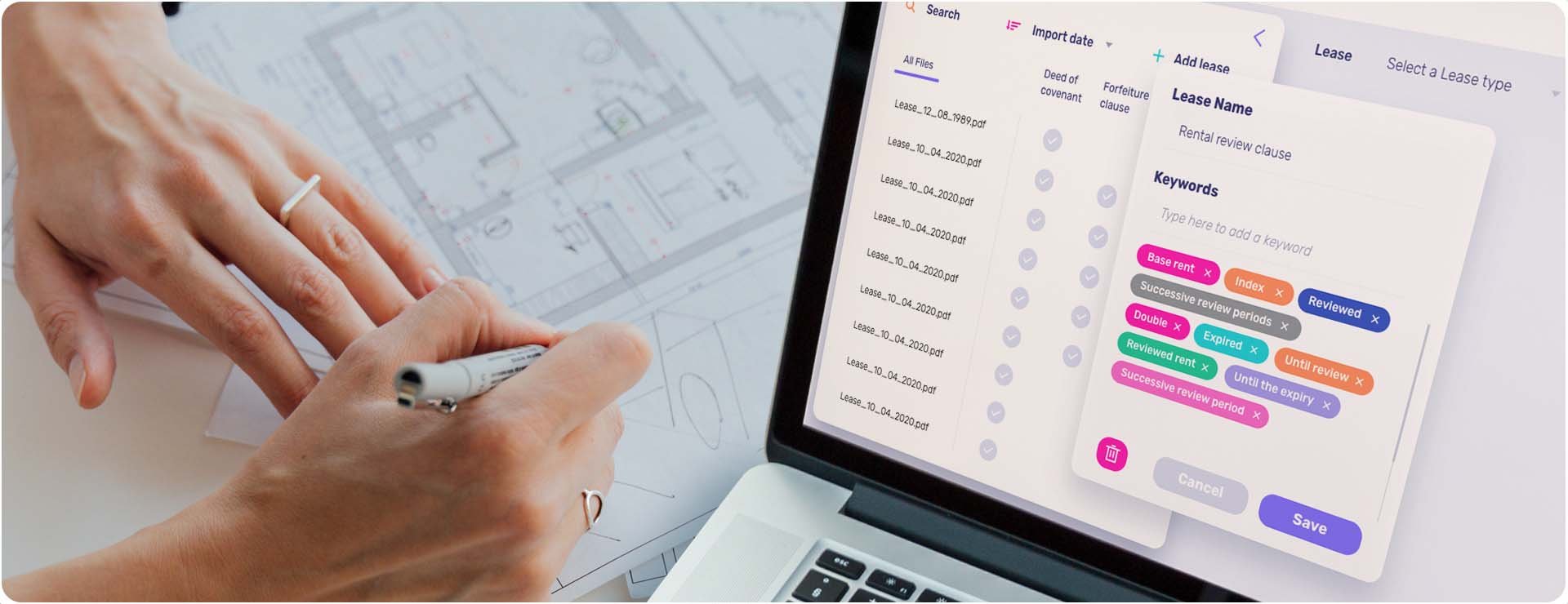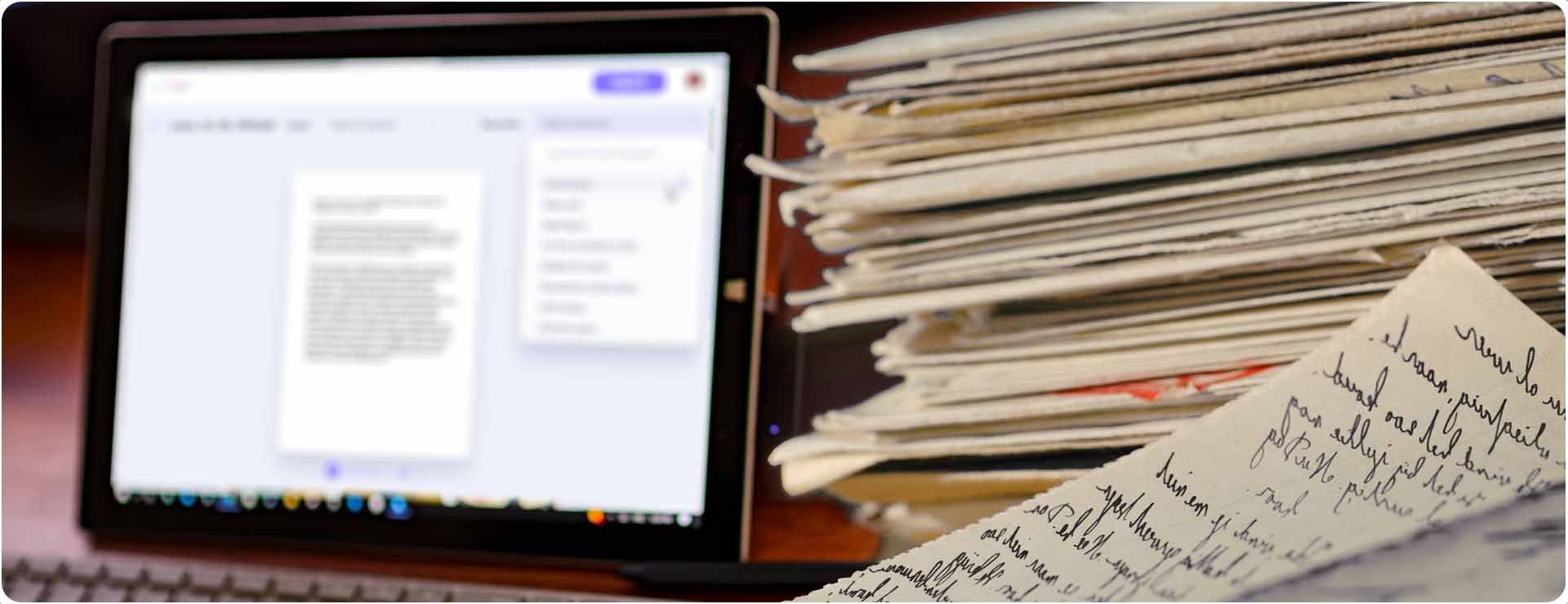Tapestart
Using AI to work smarter, not harder
Tapestart, part of the Swansea Compton Group, is a law company specialising in commercial property management. They have an extensive portfolio of contracts relating to lease agreements, with many decades old. Some of the older contracts had large amounts of typed or printed boilerplate text but also had sections that could be unique and information, such as dates and signatures, that was handwritten.
The issue Tapestart faced was the vast amount of man-hours spent reading and summarising case notes for documents that may not have been read for years or may not be needed for years again. They also faced concerns about missing important pieces of information, such as rent collection dates.
The time spent working accurately through these documents was not sustainable, so Tapestart approached CEMET to explore their options.
Scan, extract, convert, repeat!
Throughout workshops with CEMET, multiple options were explored to identify the best route for Tapestart to take. The conventional option would have been to create a database and employ human-based data entry methods to extract the relevant data. However, this would still mean extensive hours on repetitive tasks, and with over 100,000 documents, this was practically impossible!
This is where AI was introduced to offer an alternative approach. The R&D project involved a mixture of natural language processing techniques to blend and create a tool that could take the scanned images of each document, extract the printed text, and convert it to machine-understandable text. The tool would then scan for and extract any handwritten sections.
The tool could be used to onboard any new documents, as well as process the existing pool, and construct a database in a timely way, also allowing for future adjustments.


The prototype is in continuous development and is actively used by the company.
CEMET is proud to support the Compton Group through its stages of development. To find out more about their work visit their website.

